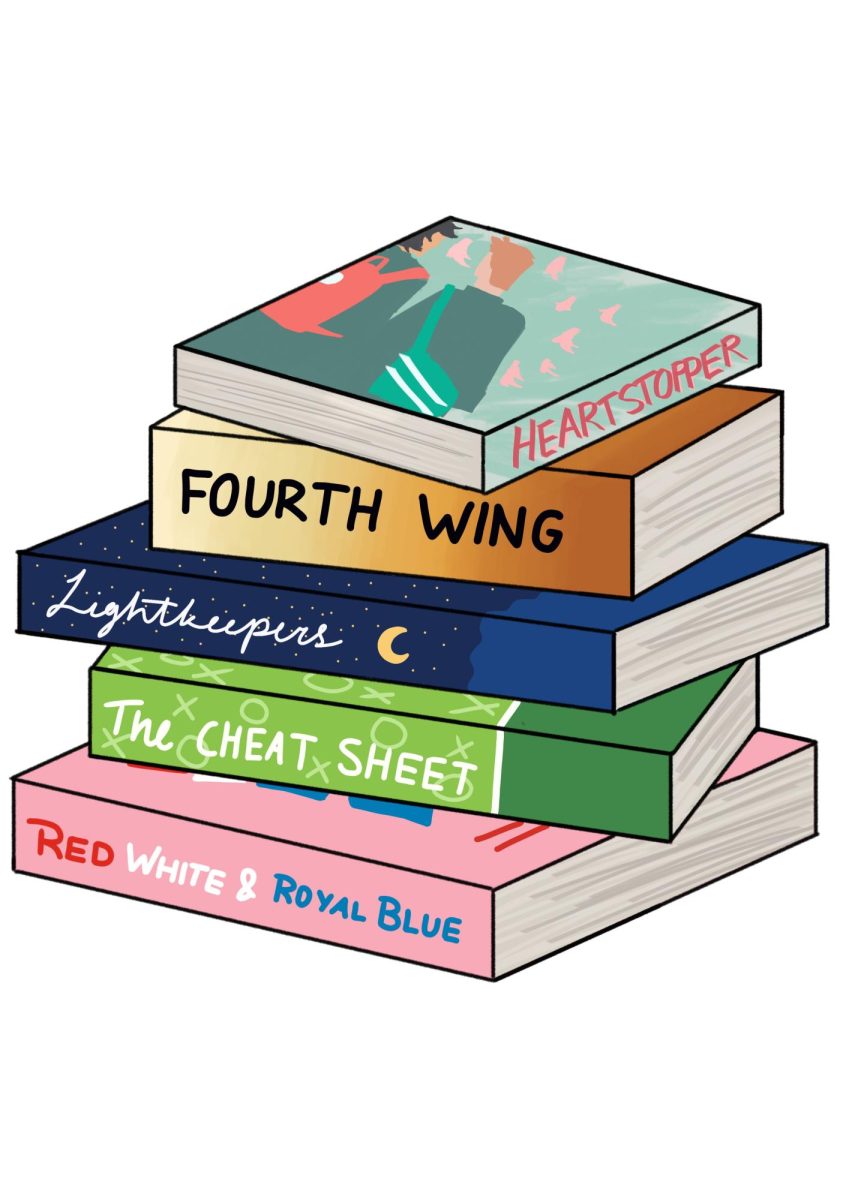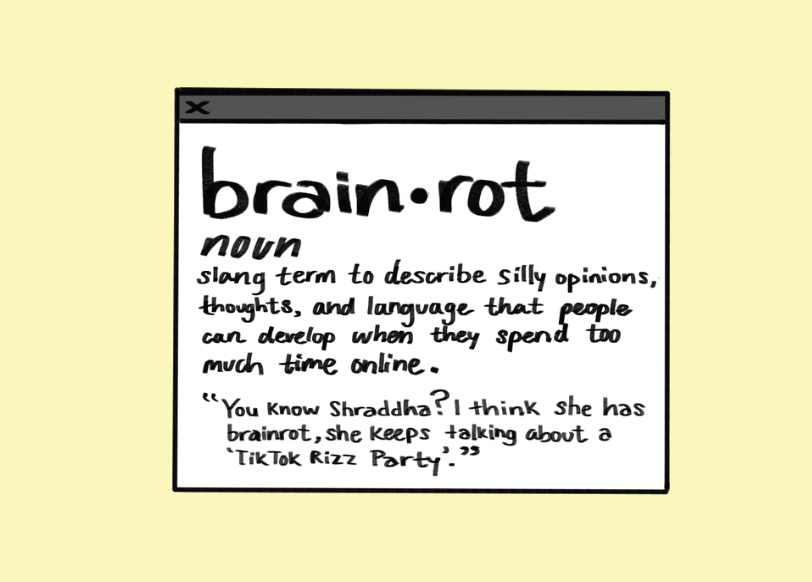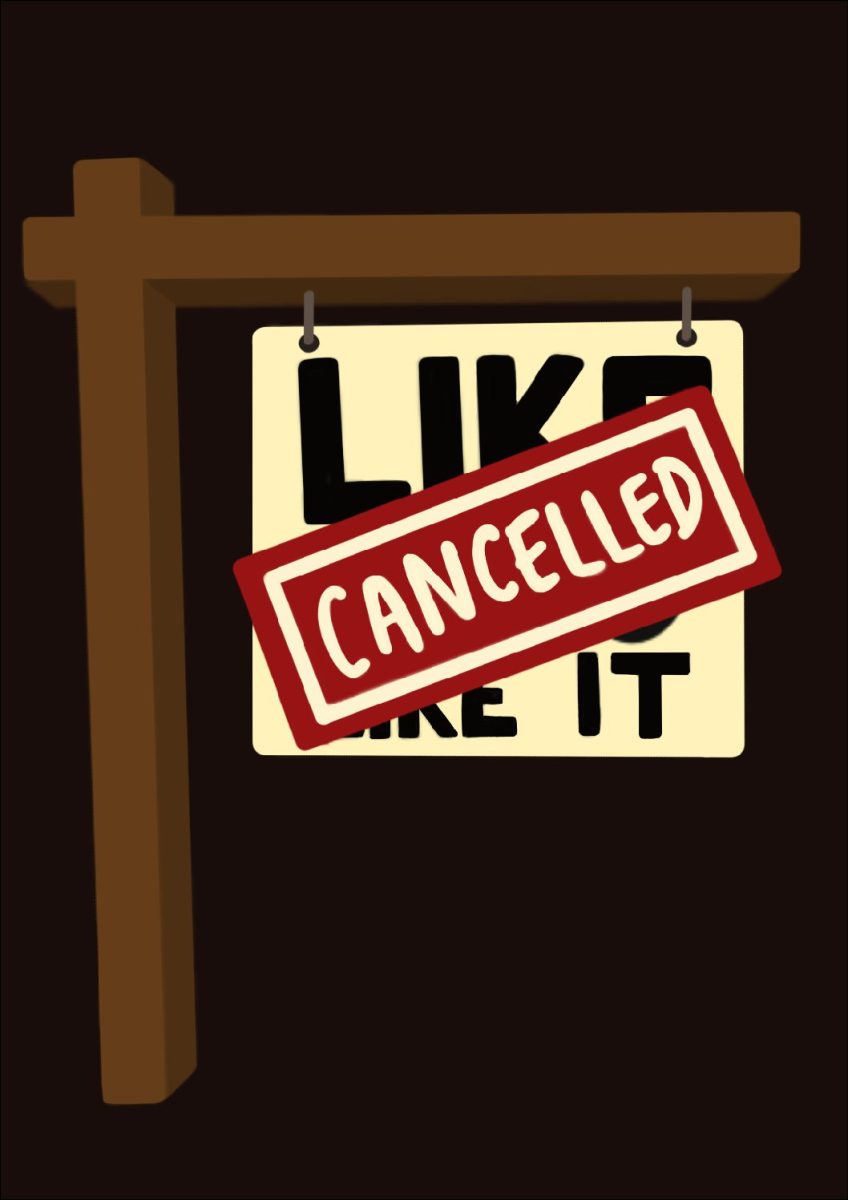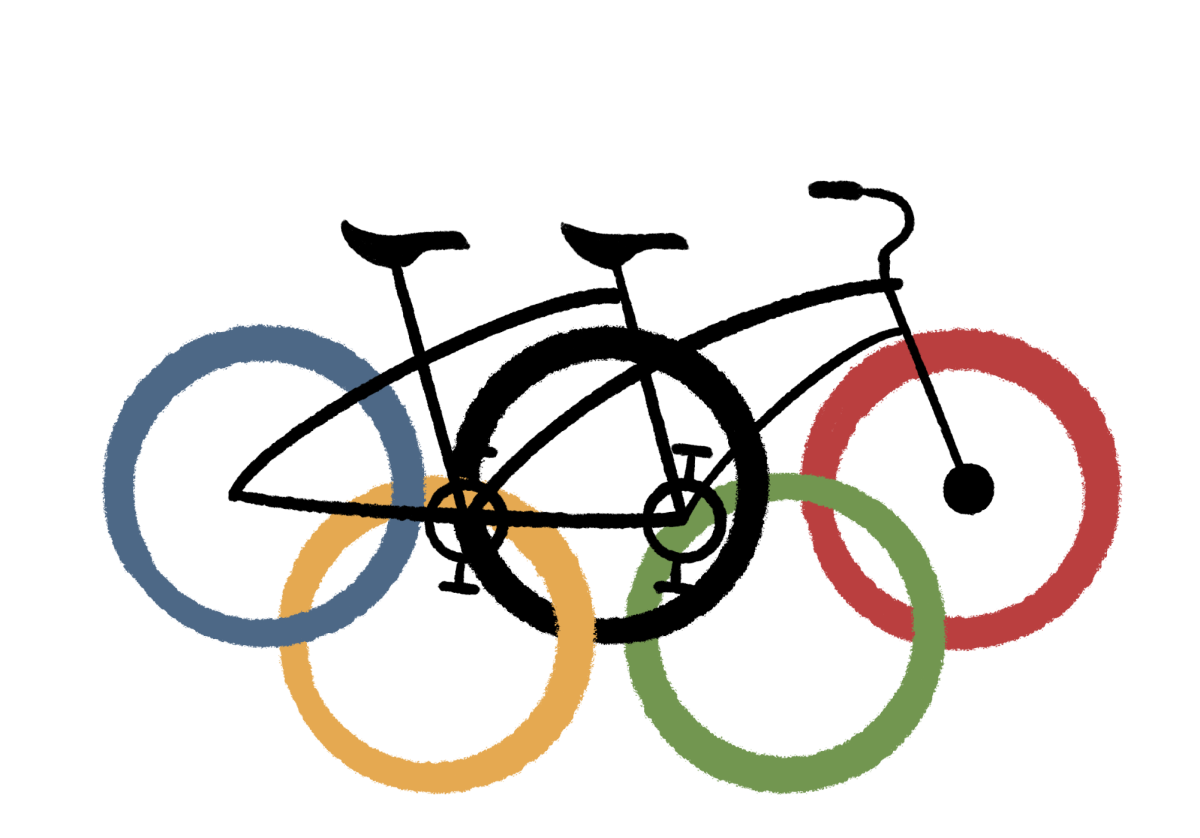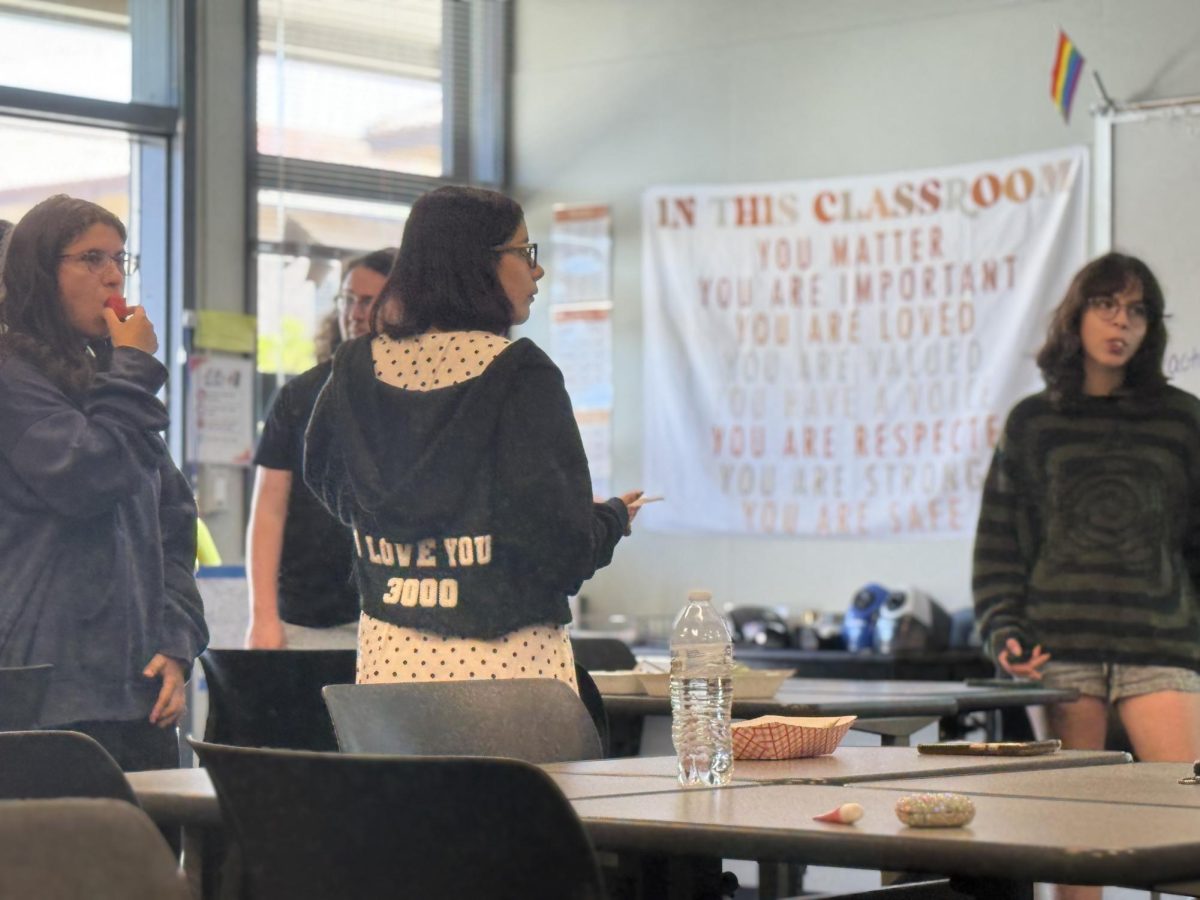Peer pressure is a well-known phenomenon prevalent among teenagers. It is the action of falling victim to the influence of peers, but, when we think of peer pressure, we usually think of vaping or drinking. However, there is one lesser-known effect that has proved time and time again to be detrimental to those who fall victim—toxic academic excellence. In today’s society, having perfect grades and a rigorous course load is the norm. It is what students burn themselves out trying to achieve. And when they do not meet that standard, they are subjected to comparison when they go online.
Now that school has started up again, people have been sharing their “stats,” which are just grades and extracurriculars, that got them into impressive universities like UCLA, Harvard, Yale and Columbia. It is human nature to compare one’s own accomplishments to others, especially when they have achieved things one wishes to achieve in the future. So when students are constantly seeing these things on social media, they begin to wonder, ‘Why can I not achieve this?’ ‘Why am I not as academically successful?’ A short answer is that not everyone has the same opportunities in school. Some have a multitude of clubs and extracurriculars available with hours of free time while others have limited resources and other responsibilities to tend to. It is impossible to accurately compare oneself to someone in a completely different situation, and by doing so, one is only raising one’s expectations for oneself, which may lead to the all-too-common phenomenon called academic burnout.
Often, this comes as a consequence of students taking a multitude of extracurricular activities, clubs, and tough classes in order to “match up” with their peers. A study done by Cross River Therapy found that 61% of teenagers between the ages of 13 and 17 felt stress over producing satisfactory grades. It is a relatively known fact that stress is the main cause of loss of motivation and inability to focus, both of which are the main symptoms of academic burnout.
On top of the fact that social media is causing a raised expectation of grades and academic excellence, there is also a lack of honesty in terms of prestigious schools’ acceptance criteria given the fact that so many Ivy League schools prioritize students with families that will fund them rather than students who have been working hard. At Harvard, it is estimated that the acceptance rate was 32% for legacies and 42% for donor-related applicants, while for regular, non-legacy and non-donor-related students, the acceptance rate is 3.2%. It is clear that there is a lack of fairness in elite schools, and with there being a standard of getting into high-ranking universities, there are very damaging consequences for the mental health of students.
So, what is the deal? Why is it that high school, which is supposed to be the best four years of one’s life, is so massively detrimental to so many students’ confidence, self-worth and overall mental health? Is it worth it to be constantly comparing oneself to get the satisfaction of a good grade? The short answer is no. Students should not value good grades over their mental health, and it is important that they know that resources for professional help are out there for them to use.






